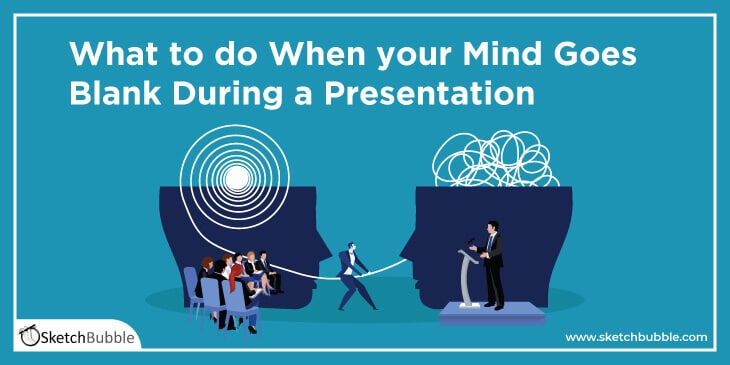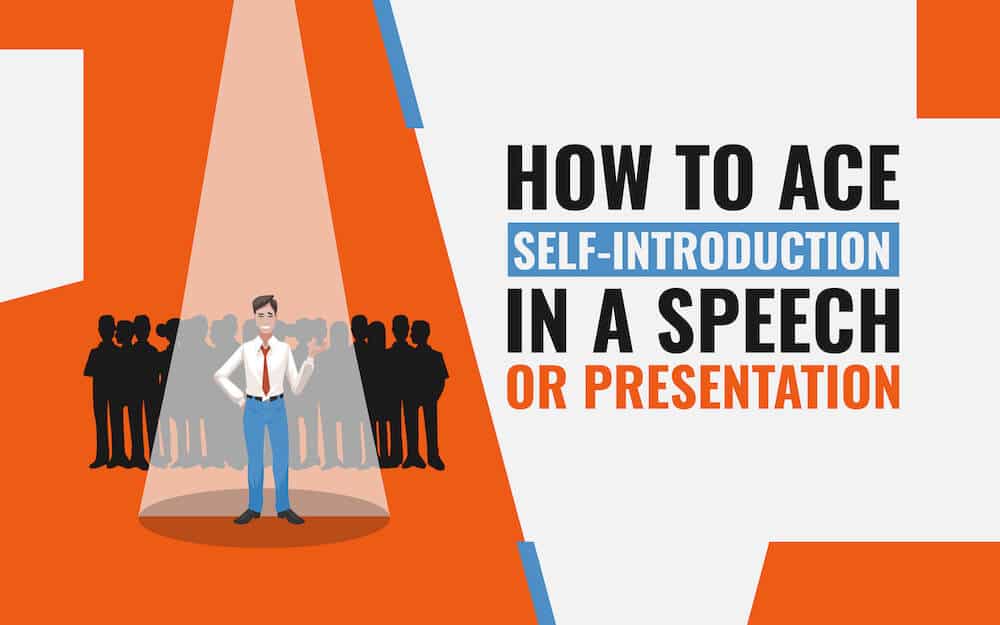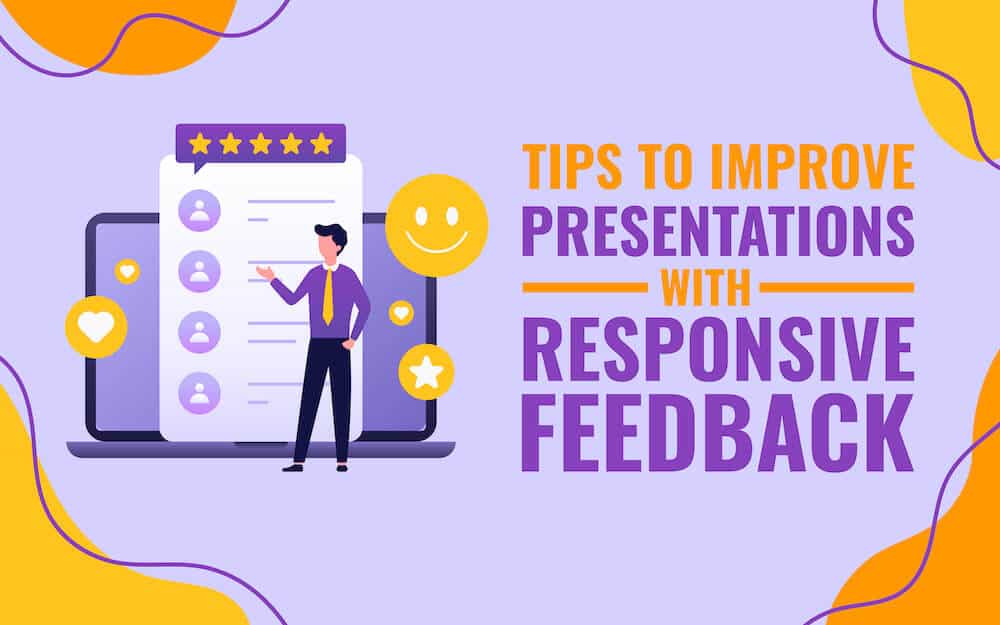
Has this ever happened to you?
You have a speech to give. You spend hours creating what you think is an educational and engaging presentation and rehearse it until you have it down solid.
On the day of the presentation you get up feeling great and energized, run the presentation through your head on the way to the venue, meet and greet some people and then step onto that stage for the big event.
You begin your presentation and it goes really well…
That is until you draw a complete blank. How could this be happening??? You rehearsed! You had this memorized. And now you stand there with your heart racing and beads of sweat running down your face.
Don’t feel bad, this has happened to every presenter since the beginning of human speech. Okay, we don’t have proof that it happened to some of the great orators like Aristotle and Plato, but we can assume it did.
The point is, even the greatest presenters go blank sometimes. The only difference is, they know how to handle these moments like the pros that they are. Instead of panicking the next time you go blank, try one of these tactics instead:
Don’t Try and Be Perfect
There are many reasons why a person’s mind can suddenly go blank, but the biggest is from tensing under the pressure of trying to be perfect. Perfection doesn’t exist, particularly not within the human race. We are all flawed so you might as well embrace the fact and let your desire, ne, demand for perfection go.
Instead of trying to be a perfect presenter that says every line correctly and in the right order, focus on being a genuine human being who is doing their best to impart information and inspiration to the audience.
Tell a Story
If I asked you to stand in front of a small crowd right now and tell the story of Little Red Riding Hood, you could do it. You don’t have to know what the exact words the author used were to tell that story. The story is the story and we all know it.
Stop presenting facts and instead think of yourself as a storyteller. When you do this, you give yourself permission, creative license if you will, to be a bit loose with how the words come out. The HOW is not important. What’s important is that you share your message and that it adds value to people’s lives.
Be Genuine
Forgetting where you were makes you human, and the people in that audience are interested in connecting with a human, not a robot. Should your mind go blank, you can simply admit it to the audience. More often than not, copping to the reality of the situation will release any tension you are feeling and your mind will suddenly and magically remember what you were saying.
Have an Aid
Memorizing an entire speech is really asking for trouble. Let professional actors handle memorizing lines. You should get a feel for the story you are telling. And to help you stay on point, simply create some kind of memory aid. This could be a simple sheet with a few bullet points on it that will help you transition from one point, to your next and on and on. Should you feel your memory slip, you can give a quick glance to this cheat sheet and be back on track.
Leverage That Silence
If you watch some of the best TED presenters, they generally take some pretty long pauses. They do this because they know how powerful and effective silence can be at driving a point home. Silence can often get the audience’s attention. So should you go blank, take a moment and leverage that silence. To the audience, your moment was intentional, not a mistake.
Back Up
The most common way we all remember what we were saying, on stage or in our personal lives, is to back up our memory and go through the mental steps. We say to ourselves, “Let’s see I said this, then I said this which made me think of this and… Oh! I remember!!”
You can use this same tactic on stage. Should you draw a blank, simply use the opportunity to summarize the point or points you were just making. By repeating these points you will most likely remember where you were and be able to carry on with the audience being none the wiser.
Being a presenter isn’t easy. But there is no use putting extra pressure on yourself to be perfect. Going blank happens to the best of presenters and is, in reality, not that big of a deal. The next time it happens to you, try one of these strategies so you can recover quickly.



